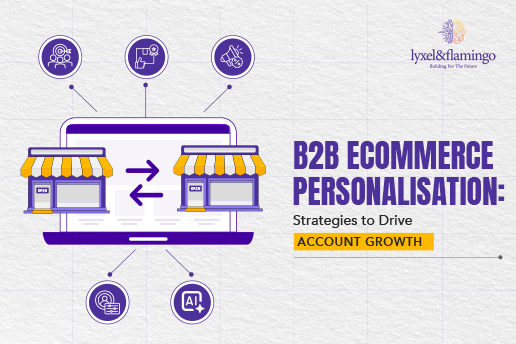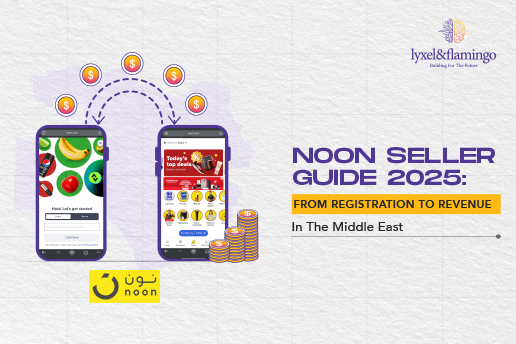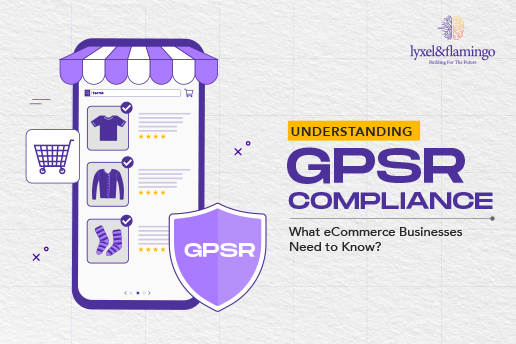In the sprawling world of e-commerce, Amazon marketplace stands as a giant among giants. With millions of sellers and products, the platform has become a goldmine for entrepreneurs looking to expand their businesses. Yet, with such vast opportunity comes strict regulation, and one of the most critical areas of concern for Amazon sellers is the use of “banned keywords.”
Amazon keywords play a pivotal role in Amazon’s search algorithm. They determine where your product appears in search results and how often it gets seen. However, not all keywords are created equal. Amazon has implemented a system to ban specific keywords from ensuring that products remain compliant with its guidelines and maintain a high-quality standard.
Understanding these banned keywords is crucial for Amazon sellers who wish to avoid penalties and suspension.
The Reasons Behind Banned Keywords on Amazon
Amazon has implemented restrictions on keywords for several essential reasons:
• Legal and safety concerns: Some Amazon forbidden keywords might pertain to illegal or unsafe products, and Amazon aims to protect customers and sellers from potentially hazardous situations.
• Inappropriate content: Keywords related to explicit, offensive, or inappropriate content are banned to maintain a family-friendly environment and protect Amazon’s reputation.
• Misleading information: Keywords that can be used to deceive customers, such as false claims about a product, are prohibited to ensure transparency and fairness.
• Competitive manipulation: Amazon does not allow keywords designed to manipulate the search algorithm to give one product an unfair advantage over others.
Types of Banned Keywords
Amazon’s list of banned keywords can be extensive, but it typically falls into several categories:
• Restricted Brand Names: Sellers can only use brand names they own, as it misleads customers.
• Illegal or Unsafe Content: Keywords related to unlawful or unsafe items, like controlled substances or dangerous weapons, are prohibited.
• Inappropriate Content: Any content considered explicit, offensive, or inappropriate is off-limits.
• Deceptive Claims: Keywords that make false claims about a product’s features, effectiveness, or benefits are prohibited.
• Trademark Violations: Amazon marketplace restricts keywords that infringe upon registered trademarks.
• Competitive Manipulation: Words or phrases intended to manipulate search results or confuse customers are against Amazon’s policies.
Consequences of Using Banned Keywords on Amazon
Using banned keywords can lead to severe consequences for Amazon sellers. The penalties may include:
• Product Suppression: Amazon might suppress your product listing, reducing its visibility to potential customers.
• Account Suspension: Repeated violations can lead to the suspension or even permanent closure of your Amazon seller account.
• Loss of Trust: Using banned keywords can damage your reputation as a seller, causing a loss of customer trust.
Navigating the Amazon Keyword Minefield
To stay out of trouble and ensure a successful selling journey on Amazon, here are some Amazon keyword guidelines:
• Thorough Research: Familiarize yourself with Amazon keyword guidelines and regularly check for updates in their banned keyword list.
• Use Relevant, Approved Keywords: Focus on using relevant keywords for your product and adhere to Amazon policies.
• Third-Party Tools: Consider using third-party tools to help identify approved keywords and improve your Amazon product listing.
• Monitor and Adapt: Regularly monitor your listings for any violations and be prepared to make adjustments when necessary.
• Seek Professional Guidance: If you need clarification on the compliance of your keywords, consult with Amazon experts or legal professionals to ensure your business remains in good standing.
Amazon-banned keywords are a challenging aspect of selling on the platform, but understanding and adhering to their policies is crucial for long-term success. By doing so, you can protect your business, maintain a positive reputation, and continue to thrive in the competitive world of e-commerce.
Need Help?
It can be stressful to hit all the right notes, whether you are an experienced seller or are just getting started in Amazon e-commerce.
Take inspiration from the first e-commerce agency that outlines how to mix optimization and innovation to master the digital experience if you are seeking advice on promoting user engagement, customer loyalty, and conversions.
Get in Touch- www.lyxelandflamingo.com









